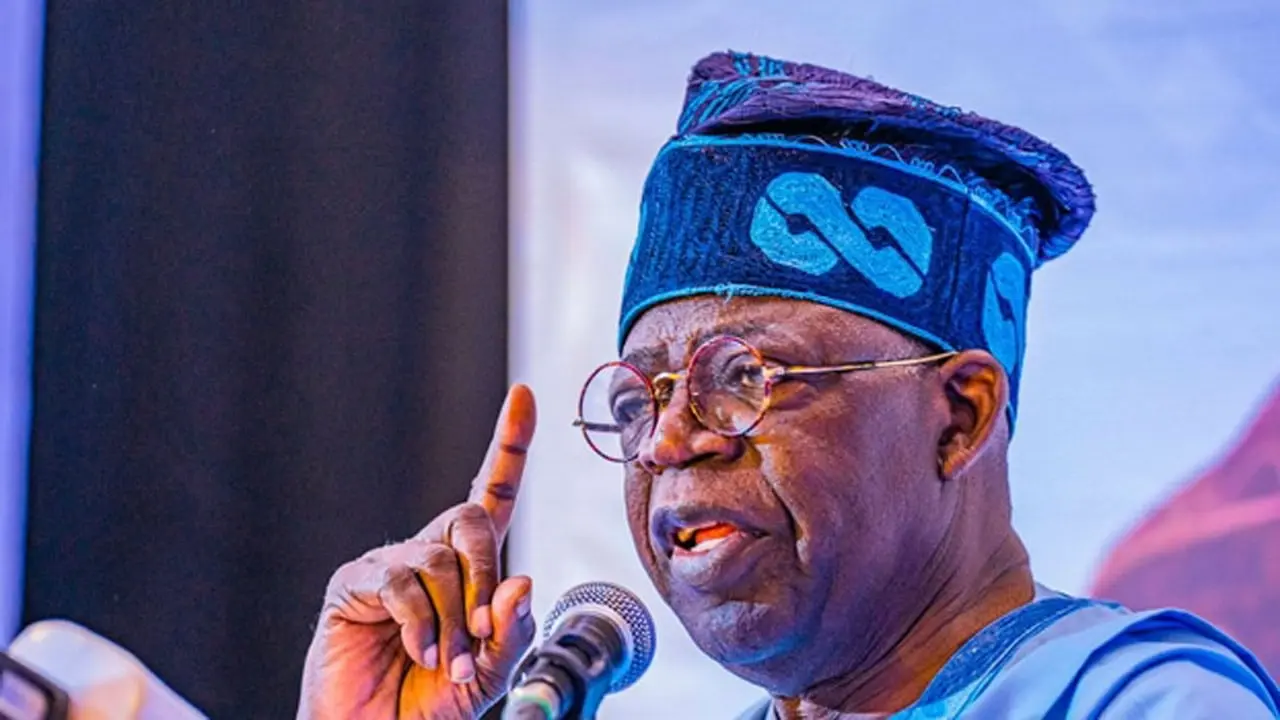In a determined stance, President Bola Tinubu has expressed his resolve to put an end to Nigeria’s excessive dependence on borrowing for funding public expenditures. His commitment was underscored during the inauguration of the presidential committee responsible for fiscal policy and tax reforms.
Escalating Public Debt
The total public debt of Nigeria has surged by an astonishing 501 percent over the span of eight years, escalating from N12.06 trillion in March 2015 to N72.55 trillion in March 2023. This surge in debt is primarily attributed to increased borrowing, exacerbated by global economic downturns in 2016 and 2022, as well as the impact of the pandemic.
The Debt Composition
Based on data provided by the Debt Management Service (DMO), the N75 trillion total public debt encompasses N19.64 trillion of foreign debt, N30.21 trillion of domestic debt, and N22.7 trillion in Ways and Means lending extended to the Federal Government by the Central Bank of Nigeria (CBN). Notably, N3.36 trillion was allocated for debt servicing in 2022, reflecting a 14.68 percent rise from N2.93 trillion in 2021.
Debt Servicing Breakdown
Of the total debt servicing expenses, N1.07 trillion was dedicated to servicing external debts, while N2.56 trillion was allocated to servicing domestic debts. As per the World Bank’s assessment, Nigeria allocated a substantial 96.3 percent of its revenue towards debt servicing in 2022, compared to 83.2 percent in 2021, with projections indicating a potential rise to 103 percent in 2023.
The Presidential Committee’s Mandate
The Presidential Committee on Tax Reform, established on July 7, 2023, is chaired by Taiwo Oyedele, an expert in tax and fiscal policies. Comprising specialists from both public and private sectors, the committee’s mission encompasses the reform of tax laws, the design of fiscal policies, harmonization of taxes, and enhancement of revenue administration.
A Shift in Approach
President Tinubu emphasized the necessity of shifting the focus from taxing poverty and production to prioritizing returns, income, and consumption. He acknowledged the severe consequences of the prevailing tax regime’s failure, which has led to an overreliance on borrowing to sustain public spending.
Breaking the Debt Cycle
Tinubu articulated his determination to break this cycle, emphasizing that a government unable to self-fund is constrained in effectively managing the economy and responding to external shocks. He reiterated his administration’s commitment to addressing obstacles hindering investment and economic growth in Nigeria, which had already been exemplified by the cessation of fuel subsidies and the streamlining of the exchange rate system by the Central Bank.
Elevating the Committee’s Role
The committee has been empowered not only to provide recommendations but also to offer practical support in executing the suggested changes. The overarching objective is to enhance Nigeria’s revenue generation while fostering a more conducive and internationally competitive business environment. The ultimate aim is to transform the tax system to support sustainable development, targeting a minimum Tax-to-GDP ratio of 18 percent within the next three years.
Unified Approach and Stakeholder Engagement
President Tinubu directed all government agencies and departments to fully cooperate with the committee. The Special Adviser to the President on Revenue, Zacchaeus Adedeji, highlighted the committee’s opportunity to engage with stakeholders and collaboratively develop solutions to tax and fiscal policy challenges. World Bank’s Country Director for Nigeria, Shubham Chaudhuri, applauded the removal of subsidy payments for bolstering Nigeria’s revenue-to-GDP ratio.
